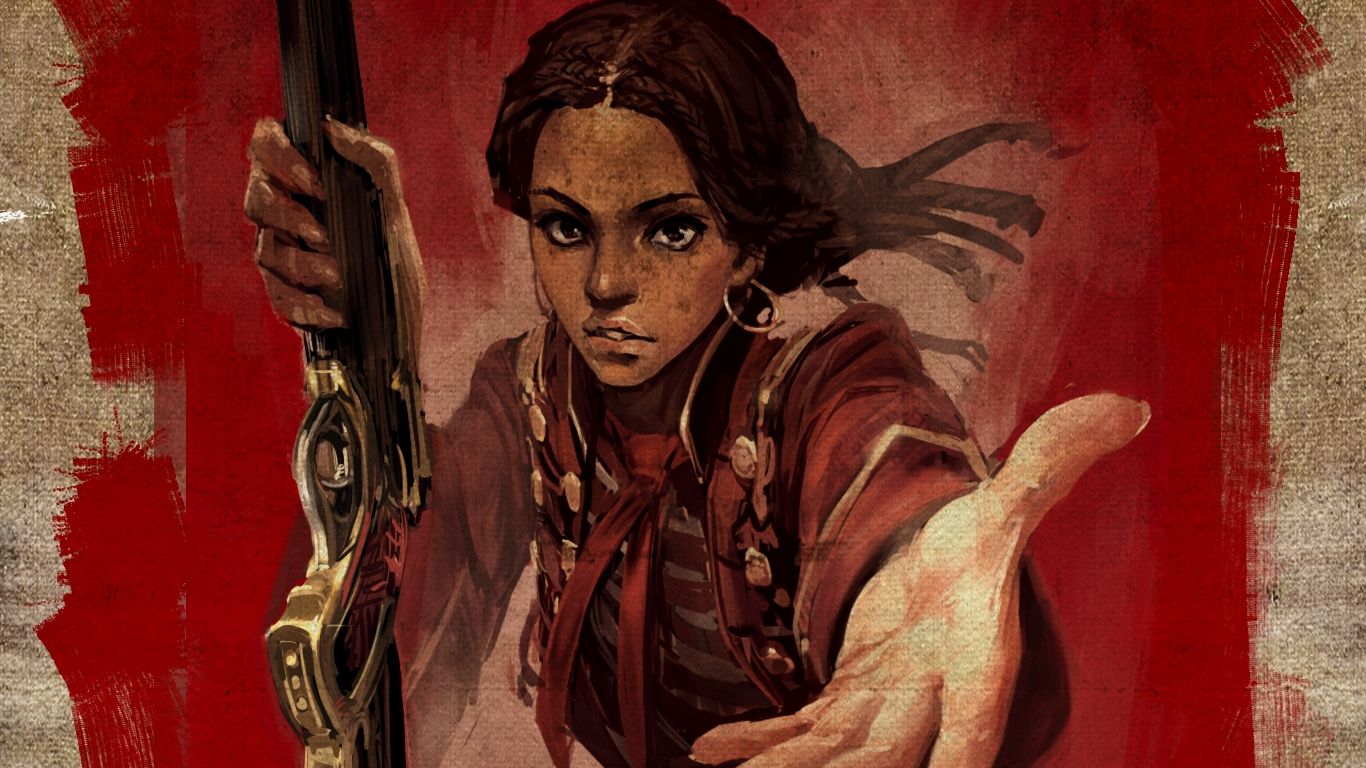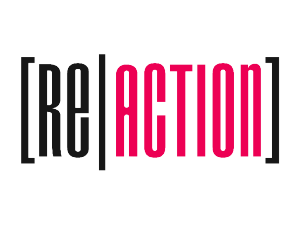The Girl Without a Land

“When people of colour don’t write their own stories in games, they end up in hands that will be neither delicate nor fair.” Soha El-Sabaawi plays Bioshock: Infinite looking for masterful storytelling; finds a troubling treatment of oppression and racism.
A few years ago, cleaning out a drawer in my parents’ house, I stumbled upon an old passport. I opened it expecting to see a dusty picture of a grandparent, or my mother or father in an incriminating hairstyle, but was surprised to see it had actually belonged to me. This was my Saudi passport before becoming a Canadian citizen in 1994. I couldn’t help but smile at the picture of five-year-old Soha, whose grin with missing teeth and big brown eyes looked happy, excited and full of hope. My eyes scanned the rest of the document and, very quickly, the nostalgia was interrupted and I could almost hear the moment shatter around me.
NATIONALITY:
STATELESS REFUGEE
This jarring reality check comes often, especially when I read news headlines:
‘Political arrests plague Palestinians,’
‘Palestinians killed in West Bank,’
‘Palestinians mark the 65th anniversary of Nakba,’
I am half-Palestinian. The other half of me is Iraqi (from my mother) and I was born in Saudi Arabia, but due to sexist patrilineal structures and aggressive racism in the Middle East, I was never able to claim citizenship as either an Iraqi or Saudi. I was only seen as a stateless refugee unable to advance beyond a high school diploma. My father, who was born in a city in Gaza called Khan Yunis in 1948, the unfortunate year of the Nakba (‘the catastrophe,’ where 700,000 Palestinians were forced out of their homes), had enough of this status following him and his children for the rest of our lives.
It was time for a new nationality, and the move to Canada was a no-brainer for my family.
The majority of my adolescence was spent erasing the fact that I had been once stamped with the dire identity of a stateless refugee.
Every 6 months a new Soha would emerge, with the least flattering being the Dead Kennedys-obsessed, punk-rocker Soha. Eventually, I decided to grow my plucked-too-thin eyebrows, hide my Sex Pistols CDs, and began exploring the next phase – the gamer.
At first it was a casual affair where every now and then I would argue with my cousins and sisters over Mario Kart and picked up titles that would unexpectedly freak me out like Mischief Makers. A high school friend had lent me her brother’s copy of The Ocarina of Time on the N64, shocked that I had never played it, but dared to call myself an owner of the console. After hours of her nagging I finally sat down and played the game in its entirety in the span of a day and a half. I was astonished by my first experience with a game narrative, but what touched me the most was The Boy Without a Fairy whose revealed identity as a Hylian changed the rest of his life and became The Hero of Time.
The gaming phase hasn’t ended since that fateful playthrough, and I began to expect more from the games that I played. Beyond multiplayer fun and heart-touching stories, I learned that games could actually mean something to me besides avoiding school work and passing time, and that games could create unforgettable experiences. That realization came with the Silent Hill series, where horror wasn’t used simply to create feelings of discomfort and terror, but to represent the troubled human psyche in forms of monsters and other tropes of horror genre. I became proficient in dissecting narratives and contextualizing characters, settings, and plots to make meaning in hopes that I could criticize games in the same way I criticized films in my undergraduate career.
When I was standing in line at midnight to pick up BioShock: Infinite, my belief its narrative would be meaningful was strong.
The two previous installments in the series opened my mind to the possibilities of politics and philosophy merging with gameplay to create a unique experience that would take games beyond code and design. My gut told me that this game would be the pinnacle of masterful storytelling. I was tremendously excited.
That excitement didn’t last, and my hopes for the game crashed around me. The cause was Daisy Fitzroy.
The Vox Populi, led by Daisy, had a cause to which I was committed – fight the oppressors. In Columbia, black bodies were enslaved, passive, villainized and discarded. I could not have been happier to arm them and assist their revolt against the horrific racism rampant through the city. Then, for the sake of a plot twist, I found myself having to fight them instead. As I fought them to progress Booker and Elizabeth’s stories I kept asking out loud in my empty apartment, “Why? Why am I doing this?” With every member of the Vox Populi I murdered, I was erasing their history and oppression one bullet at a time. They aren’t the enemies. They aren’t my enemies.
I believed in Daisy. I believed she had a right to this land as much as the Founders of Columbia, and suddenly I was forced to put her down.
I was crestfallen and ashamed, but mostly I was angry. I could not believe how poorly oppression and racism was handled simply to advance the stories of a white man and woman. Daisy and the Vox had been robbed of their voices to shout for their rights and freedoms. I found myself wondering, “Did the writing team even consider how offensive this is to black people?” And I decided that the only solution to properly represent stories of colour is to have people of colour write them.
When people of colour don’t write their own stories in games, they end up in hands that will be neither delicate nor fair. The stories end up as botched as BioShock: Infinite where the oppressed turn to extreme violence and act like animals in the guise of creating a morally complex narrative where ethnicity disappears into the wind of white guilt. Daisy was right in saying, “The only thing a coloured child can depend on is the fact they invisible.”
The headlines rushed back to my head.
‘Over 40,000 Palestinian refugees flee Syria,’
‘Palestinian child used as human shield,’
The terrors of Israeli occupation,’
As a woman of colour, I no longer want to be invisible. Indie developers and game artists are successfully exploring issues of queer and trans* identities, and daily battles against mental health stigmas. I knew I needed to tell the story of being a Palestinian or else that story might never be told. Or worse, be told by people who cannot fathom it.
My first step was downloading Twine and starting my first project titled Penalties, an escape-the-room horror in which a nameless character wakes up in an unknown room with their mouth wired shut. Its objective is not only to escape the room, but to believe that the room can be escaped. The process of making this game so far has been rewarding and cathartic in ways that debating about Palestinian rights in political science classes or Internet comments sections are not. It voices the way it feels to be like me in this world: claustrophobic, terrifying and horrifically quiet.
I want my beliefs to be built into the structure of the games I make and the articles I write. After all, belief is integral in shaping why we play in the first place. I believed in Irrational Games and bought BioShock: Infinite. I believed in Daisy and the Vox Populi and tried to aid their resistance. I believe this is not the way stories of colour should ever be handled. I believe in giving my identity a voice that will not be tainted by others. My own way.
